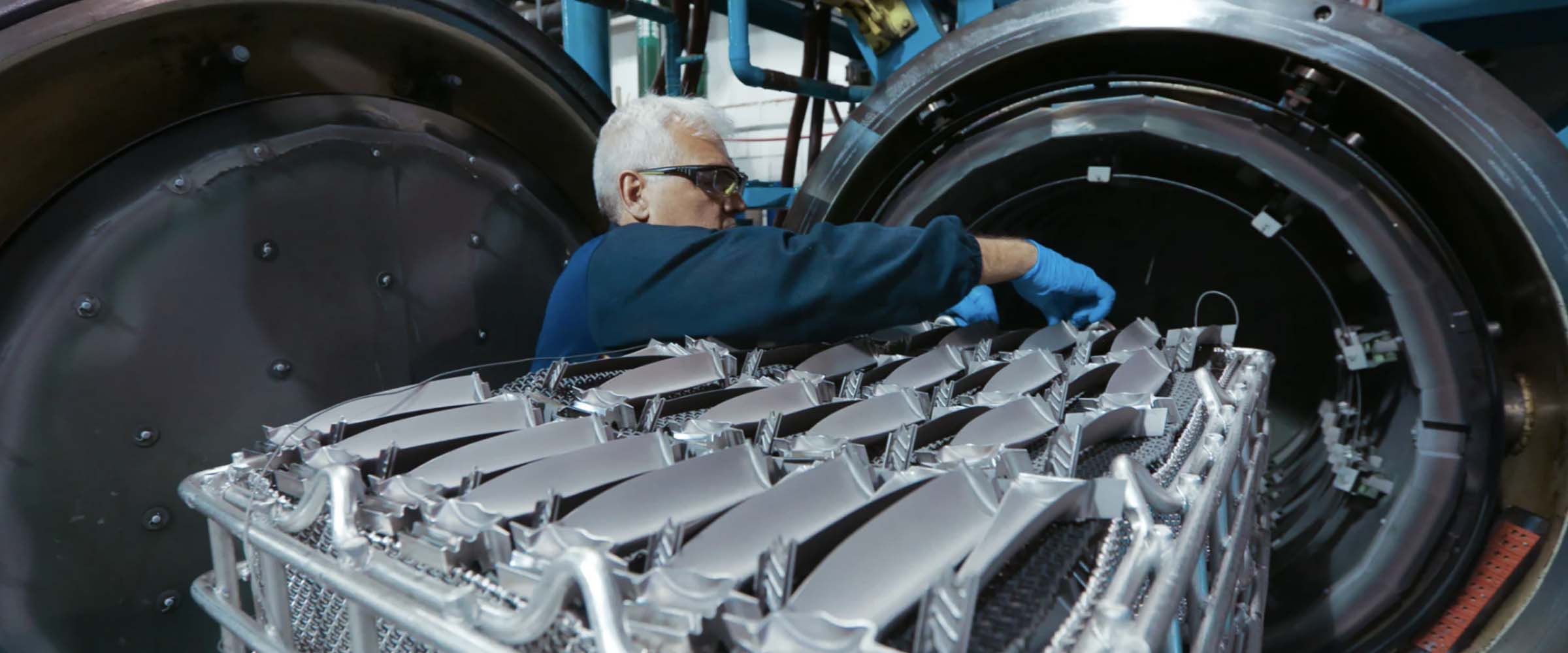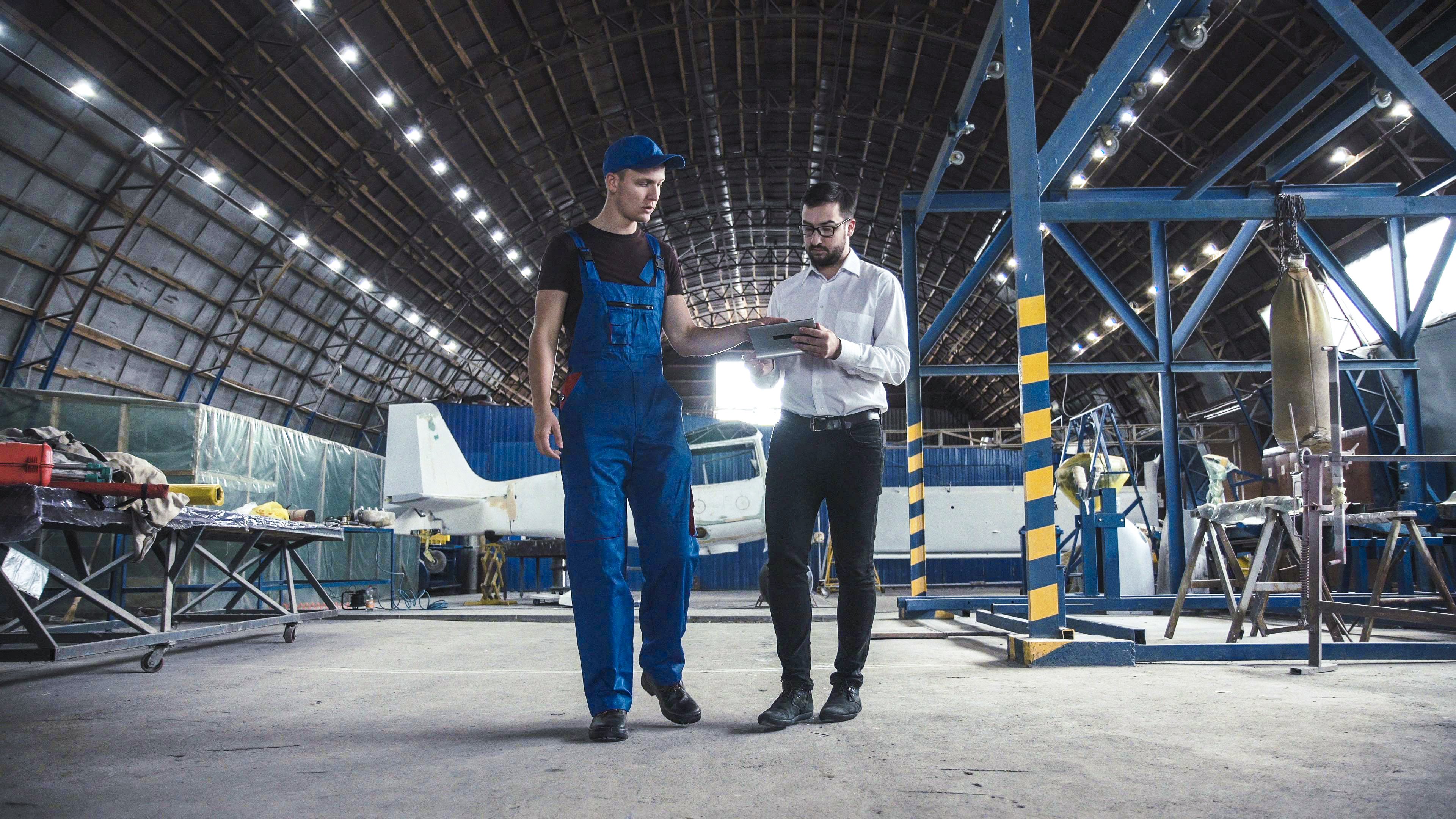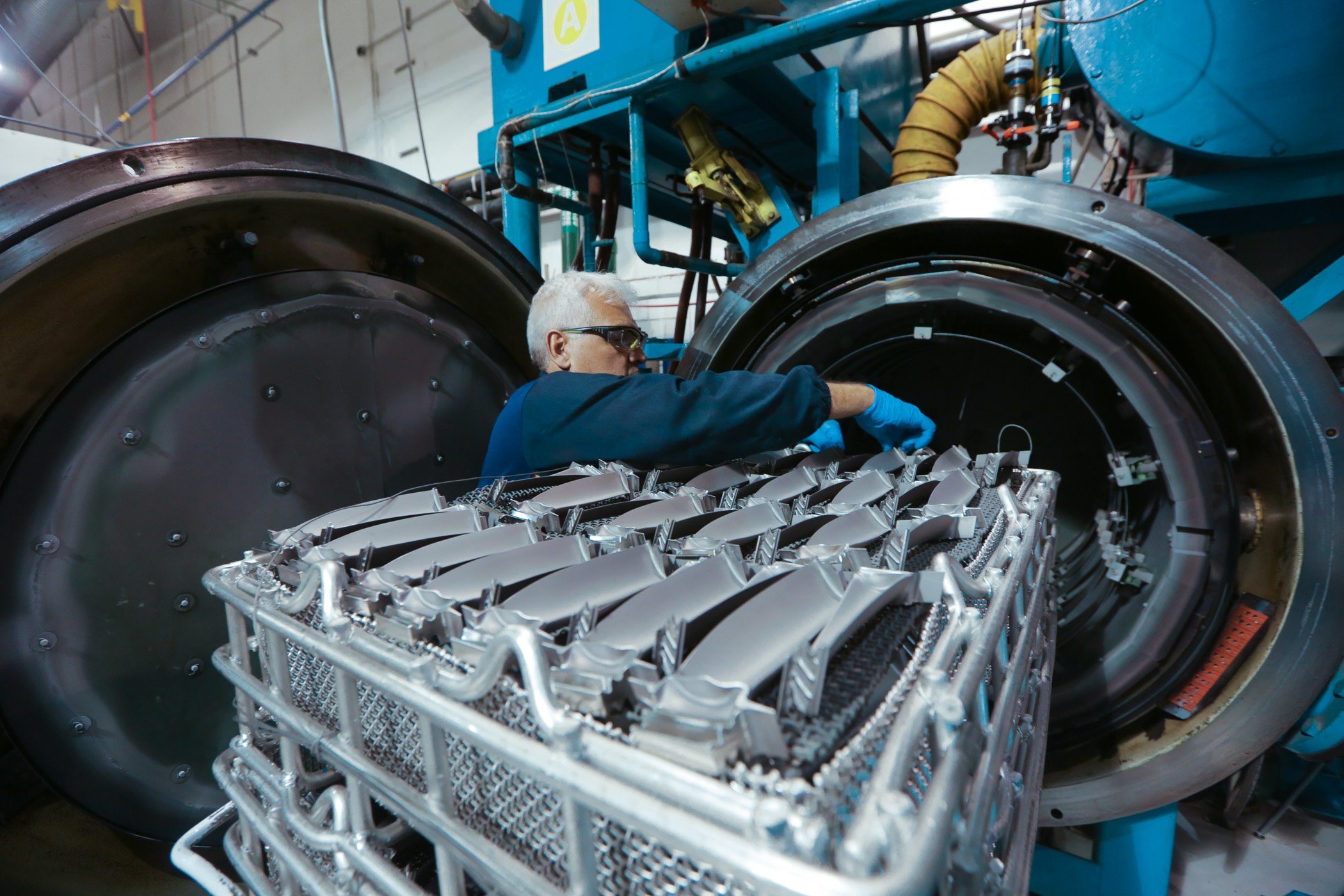Could market changes on the other side of the world be the key to revitalizing Mexico’s bicycle market? According to Mercurio Group, yes.
Bicicletas Mercurio S.A. de C.V. chief commercial officer Jacobo Martinez Zacarias commented in a recent interview with Bicycle Retailer and Industry News that the U.S. tariffs on China — which include duties of up to 36 percent on bicycles manufactured in China — is an opportunity for the San Luis Potosí-based bicycle manufacturer to gain an edge in the U.S. market. It’s enough, according to Zacarias, to “accelerate the domestic integration channels for components.”
That integration is already well underway. In August 2019, the company inaugurated a USD $25.3 million industrial park in San Luis Potosí that the company says will allow it to boost its production capacity by 60 percent.
Creating a cluster
The 130,000-square-meter site selected for the new manufacturing facility not only centralizes the group’s operations but serves as the beginning of a bicycle cluster in the region. Co-located in the park is Tubos y Lámina del Centro, a metal supplier; a distribution center for Windsor Cycling, a bicycle parts and accessories manufacturer under the Mercurio corporate umbrella; and an assembly plant, repair shop and accessories warehouse for Trimer del Sureste, a motorcycle manufacturer.
Clusters bring together members of industry supply chains to boost manufacturing efficiencies and innovation through collaboration. Throughout Mexico, industries take advantage of infrastructure accessibility and mature manufacturing centers to build their sales strength as a whole. The country’s clusters include 38 IT centers, aerospace groupings and, of course, automotive clusters largely within the Central Bajío Region.
Mercurio CEO César Ramos noted at the new industrial park inauguration that the company’s bicycle business cluster will serve as a point of reference for Mexico’s cycling industry. Ramos expects San Luis Potosí’s central geographical location will position the industry to better serve both domestic and global markets.
Overcoming international hurdles
Seventy-five percent of the new plant’s product is aimed at the Mexican market, with the remaining 25 percent being shipped to the U.S., Canada, Europe, and Latin America. In 2018, Mercurio sold 400,000 bicycles domestically and exported an additional 100,000 overall. The company aims to expand those numbers by 5 to 10 percent in 2019, and ultimately by 60 percent. That’s a total production capacity of 800,000 units per year.
It’s a major initiative meant to breathe new life into a flagging industry. In 2010, the National Association of Bicycle Manufacturers reported that its 14 member companies manufactured about 3 million bicycles annually. By 2015, that number had dropped to 12 member companies making over 2 million bikes. Today, analysis from WorldsTopExports.com puts the number at closer to 1 million units.
But now, with Chinese tariffs causing more export companies to consider options outside of Asia for manufacturing, there’s an opportunity to turn that story around. While China still held more than 35 percent of worldwide bicycle exports in 2018, its sales were down 8.3 percent compared to previous years, WorldsTopExports.com notes.
Mercurio is also positioning the industry to face other fresh challenges. For starters, Mexican bicycle manufacturers must meet the updated Rule of Origin requirements for products exported under the United States-Mexico-Canada Agreement (USMCA), pending its ratification by the United States and Canada. Under USMCA, products must contain 60 percent locally manufactured content to enter duty free. Reports indicate that the Mercurio is working to raise the domestic manufacture of cycling parts to 80 percent in the short term.
Focusing on next-gen manufacturing
If strengthening the bicycling industry weren’t enough, Mercurio is looking to expand in a tech-forward fashion. Milenio reports that Mercurio’s new facility is grounded in Industry 4.0 technologies.
Industry 4.0 is a term that indicates that manufacturing is headed into a fourth revolution. It builds upon the transformation that began with the adoption of computers and automation and improves it with smart systems supported by data and machine learning. For Mercurio, that means augmenting the automation that is streamlining the manufacture of steel tubes, plastic injection, metalworking and other processes. In 2020, the company plans to launch its next phase of operation expansion, with a focus on increasing control of logistics.
Merucrio isn’t the only organization looking to take advantage of global market shifts, but it’s doing so in a well-organized way. By bringing together the power of Mexico’s global accessibility, advanced manufacturing, and collaborative technology clusters, it’s setting out to create a new chapter for bicycle manufacturing.
Here at Tetakawi, we couldn’t agree more that having the right partner in place can drive a company to achieve market-changing results.
Subscribe
Sign up and stay informed with tips, updates, and best practices for manufacturing in Mexico.





